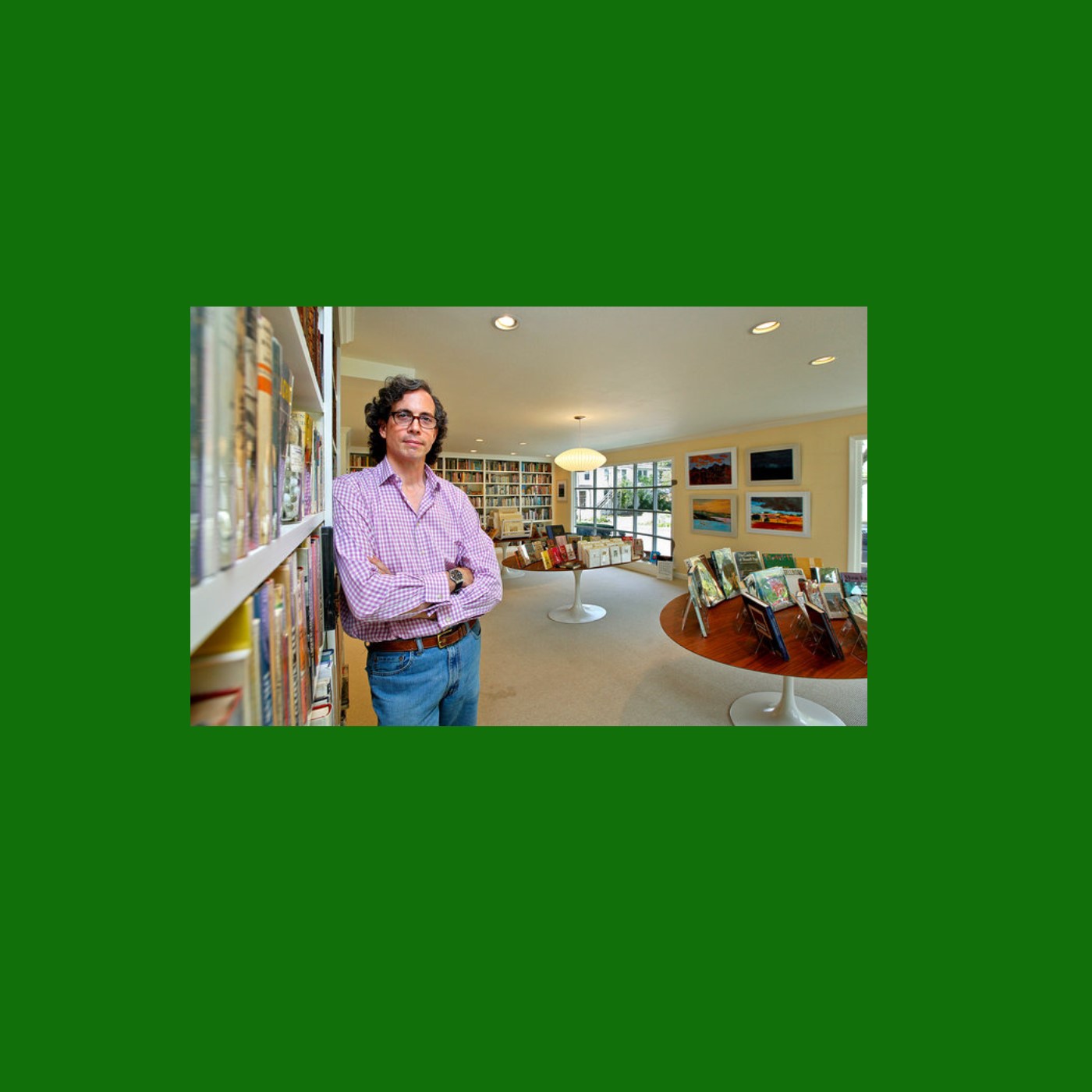 |
Concrete Causation
In his study of causation J. L. Mackie once referred back to David Hume, who listed causation among one of the principles that are TO US THE CEMENT OF THE UNIVERSE and thus OF VAST CONSEQUENCE IN THE SCIENCE OF HUMAN NATURE (David Hume, AN ABSTRACT OF A TREATISE OF HUMAN NATURE). Yet for example the early endeavours of the developers of the Structural Equation Modelling (SEM) framework, which aimed at embedding causal meaning into the formal treatment, seem to be neglected, and David Lewis' counterfactual analysis of causation based on his possible worlds semantics does not come very handy for application. As Judea Pearl summarises: WE ARE WITNESSING ONE OF THE MOST BIZARRE CIRCLES IN THE HISTORY OF SCIENCE: CAUSALITY IN SEARCH OF A LANGUAGE AND, SIMULTANEOUSLY, THE LANGUAGE OF CAUSALITY IN SEARCH OF ITS MEANING (Judea Pearl, CAUSALITY, 2000). Borrowing mathematical rigour from statistics, one of the most prominent areas of causal modelling today sounds out the interaction of probabilistic and deterministic approaches and is centred around Bayesian Networks, through which causal notions can be identified concretely and utilised for various disciplines eventually. Language: en Genres: Philosophy, Society & Culture Contact email: Get it Feed URL: Get it iTunes ID: Get it |
Listen Now...
Probabilistic Causal Inference from Heterogeneous Evidence
Episode 13
Tuesday, 13 March, 2018
Roland Poellinger (MCMP/LMU) gives a talk at the workshop on "Mechanisms in Medicine" (3-5 July, 2017) titled "Probabilistic Causal Inference from Heterogeneous Evidence" (based on joint work with Barbara Osimani and Jürgen Landes). Abstract: Current methods for the purpose of causal inference aim to deliver a categorical assessment about the presence of a causal relationship between events or variables. This is at odds with the great amount of epistemic and ethical uncertainty surrounding most applied sciences. In particular, for the sake of the precautionary principle, this uncertainty should not be dismissed but rather explicitly accounted for in detecting, preventing and managing, e.g., environmental or health hazards (Kreibel et al. 2001, Raffensperger, and Tickner 1999). The rationale for the attenuation of the requirement of scientific proof and certainty about the causal link is ultimately one of minimizing expected loss by anticipating risk detection and prevention (Osimani & Russo 2016; Osimani, Russo, Williamson, 2011). We here present a framework for causal assessment which allows the incorporation of heterogeneous pieces of evidence via a probabilistic judgement about the causal link between candidate causes and effects (Landes, Osimani, Poellinger, 2017). The framework comes in the form of a Bayesian network whose nodes represent epistemic variables related to causal associations. In particular, our system i) identifies possible indicators of causality on the basis of the methodological and philosophical literature on causality, evidence, and causal inference; ii) embeds them in a topological framework of probabilistic dependencies and independencies grounded in assumptions regarding their reciprocal epistemic interconnections; iii) weakly orders some of these probabilistic dependencies as a function of their inferential strength with respect to the confirmation of causal hypotheses. This system has been developed for the purpose of drug safety assessment, but it can be easily applied to other domains with relatively few adjustments. Our framework accommodates a number of intuitions already expressed in the literature concerning the EBM vs. pluralist debate on causal inference, evidence hierarchies, causal holism, relevance (external validity), and reliability (see for instance, Howick 2011, Clarke et al. 2014, Cartwright 2011, Teira 2011). In this talk we will discuss how mechanistic knowledge together with statistical properties, information about difference-making, and evidence of the temporal structure can jointly support a causal hypothesis in extrapolating from study to target.





